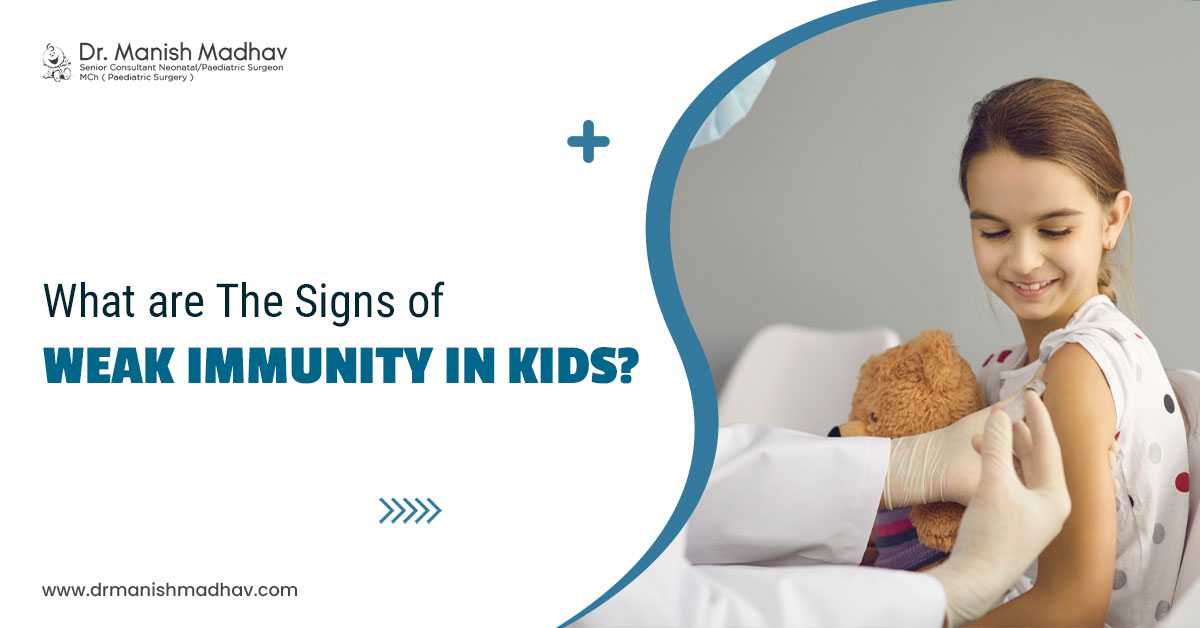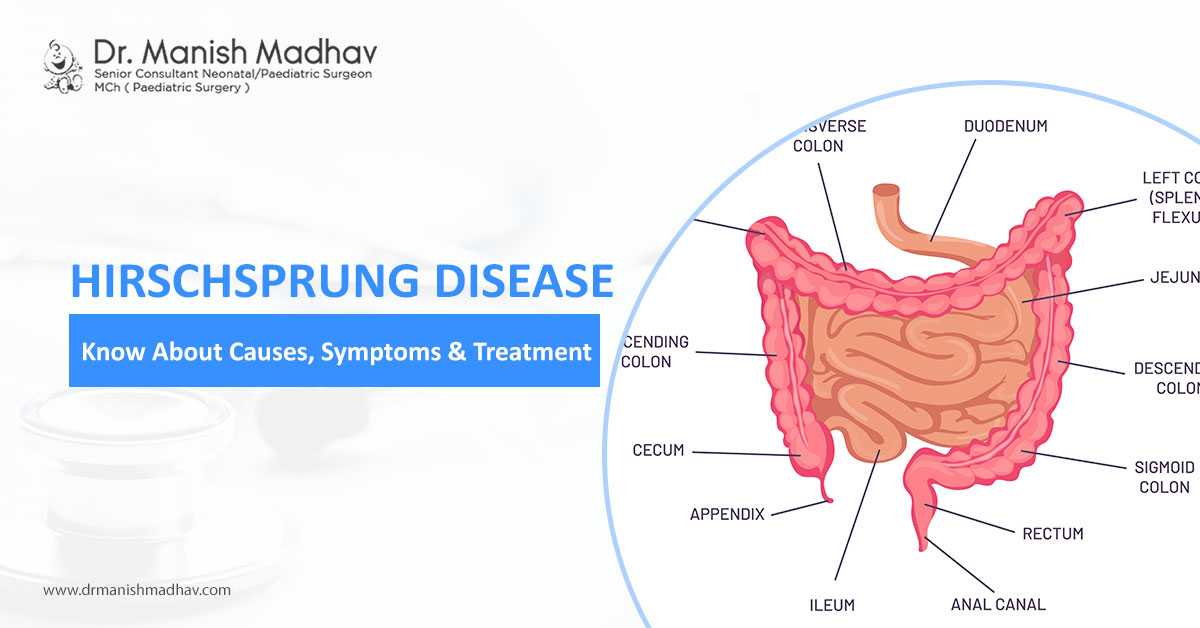Humans follow a cycle of eating, digesting, and excretion. It is how the human body functions. The excretion of the digested food is important for the body and essential for the body to be able to perform well. It begins from the first when a newborn passes their first stool which is also known as meconium. However, some babies may tend to show problems in having a bowel movement which may be because of Hirschsprung disease. Hirschsprung disease treatment is available with modern medicine and surgery your child can be treated to have a healthy life.
Table of content:
1. What is Hirschsprung's disease?
2. Causes
3. Symptoms
4. Treatment
What is Hirschsprung disease?
Hirschsprung disease is a disease in which there are missing nerve cells in the large intestine. This can lead to children having difficulty with bowel movements.
This disease is congenital which means it develops during pregnancy. It is still unknown how the disease is caused but researchers believe that the flaws related to the DNA instructions could be the reason.
Causes
Hirschsprung disease begins to take hold in the early months of pregnancy. When the baby is developing the nervous system of the body develops including the digestive system. This leads from the esophagus to the mouth and down to the rectum. In babies with Hirschsprung disease, the nervous system stops growing at the end of the large intestine before the rectum and anus. In some cases, the cells might be missing in other parts of the digestive system as well.
This results in the body being unable to sense when waste material reaches a certain point and the waste gets stuck forming a block in the system. Children with other congenital issues like Down syndrome and heart diseases tend to have more chances of having Hirschsprung disease. The genes are mostly carried by mothers and can be passed on to their children.
Symptoms
The symptoms start showing early for this disease. Swelling may occur in your child's abdomen. The other symptoms include:
· No bowel movement- If the child does not show any bowel movement or meconium in the first few days then they have Hirschsprung or constipation.
· Bloody diarrhea- children with this disease may develop enterocolitis which is a life-threatening infection in the colon along with diarrhea and gas.
· Vomiting- the vomit may be green or brown.
Treatment
Hirschsprung disease treatment helps in making sure the children can lead a normal life. There are several procedures and treatments. The two types of surgery include:
Pull-through procedure:this surgery cuts the part of the large intestine that is missing the nerve cells. Then the rest of the intestine is connected to the anus.
Ostomy surgery:the surgery routes the intestine to an opening made in the body. The surgeon then attaches an ostomy bag to the outside of the opening to hold the waste from the intestine. This is a temporary surgery for the children until they are ready for the pill-through surgery.




